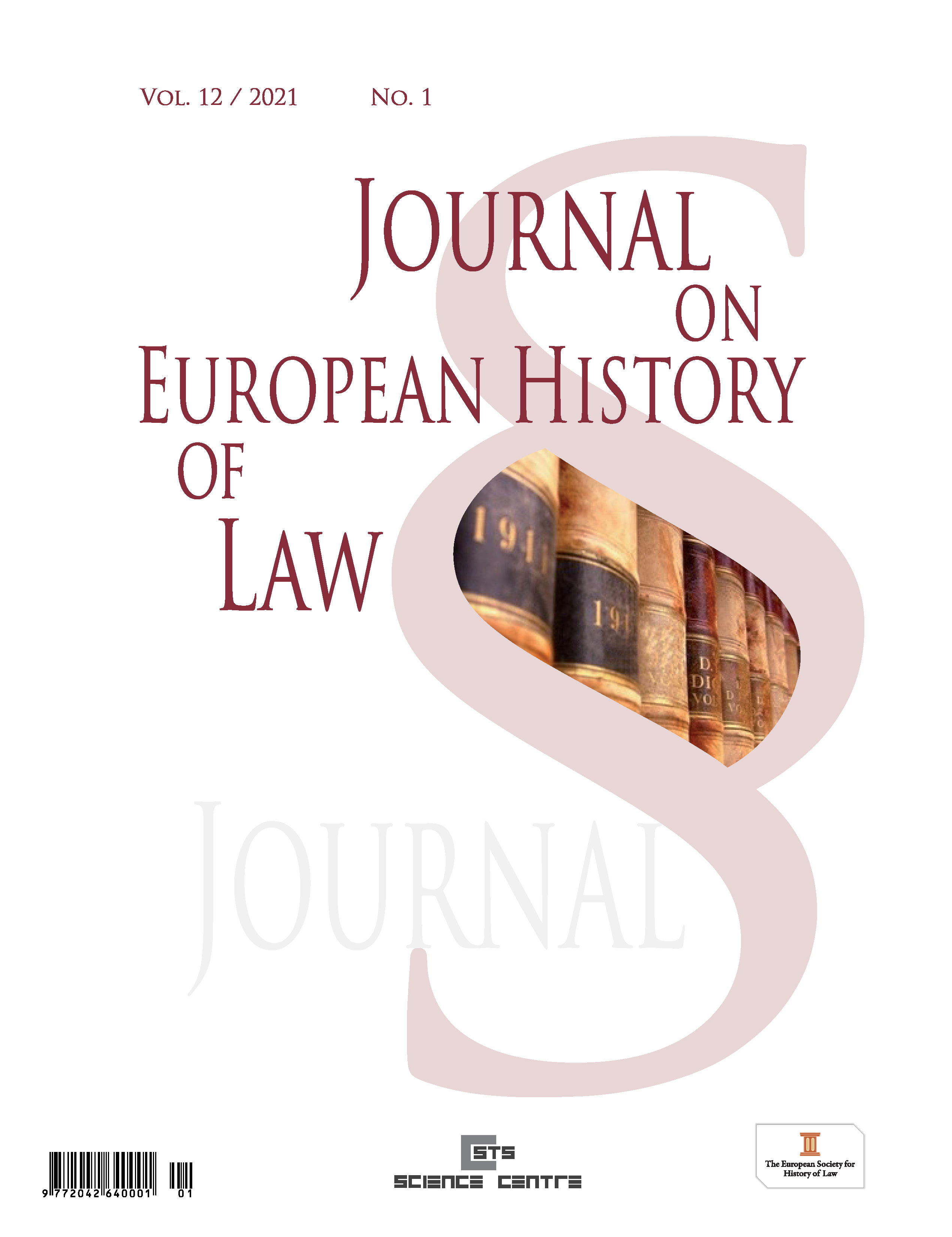Teilnichtigkeit in der deutschen Privatrechtsgesetzgebung der Neuzeit vor dem BGB
Partial Invalidity in German Private Law Legislation in the Late Modern Period before BGB
Author(s): Lénárd DarázsSubject(s): History, Law, Constitution, Jurisprudence
Published by: Evropská společnost pro právní dějiny, z.s.
Keywords: Partial invalidity; Private law legislation bevor BGB; History of invalidity of contracts; Consideration of partial invalidity in late modern period; Codex Maximilianeus Bavaricus Civilis; Preußisches
Summary/Abstract: As a general rule, Article 139 of BGB, which entered into force in 1900, declares the entire contract invalid if the cause of invalidity affects a specific part of the contract. Although this is a consistent solution by the Code that follows the liberal ideal, it cannot be supported by the development of legislation before BGB. In reality, the solution offered by BGB means a steep break from partial German codifications which can be regarded as its forerunner. The partial regulation of contacts was specifically present in all late modern German legislative endeavours. In these, a broad recognition of partial invalidity and the rescue of the entire contract are manifested as a trend in legal development. Thus, organic German legal development would have required maintaining the entire contract and restricting the withdrawal of legal effect to the invalid part of the contract only. Therefore, Article 139 of BGB is more of a strong reflection of the idea of private autonomy, and less of an organic consequence of German private law codification in the modern era.
Journal: Journal on European History of Law
- Issue Year: 12/2021
- Issue No: 1
- Page Range: 98-104
- Page Count: 6
- Language: German

